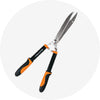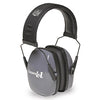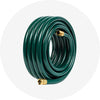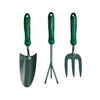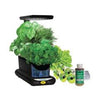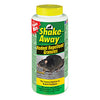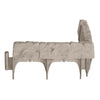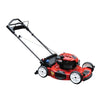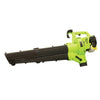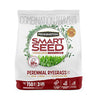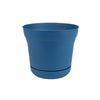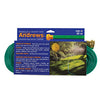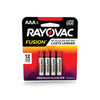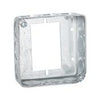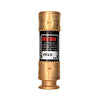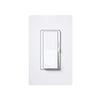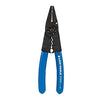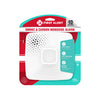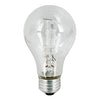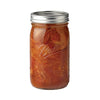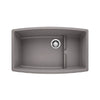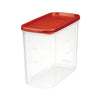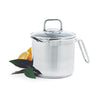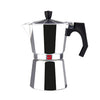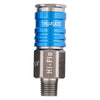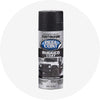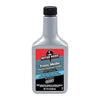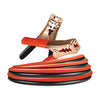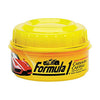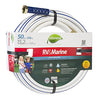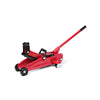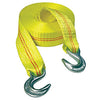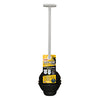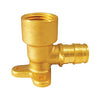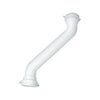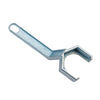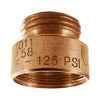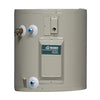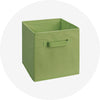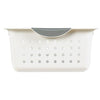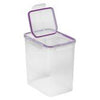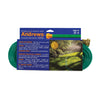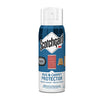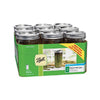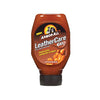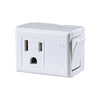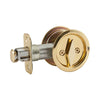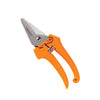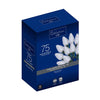Discover the Secret to Attracting Birds: Black Oil Sunflower Seeds
∙ min read
Black oil sunflower seeds are a nutritious treat for many birds. As the name suggests, black sunflower seeds are rich in healthy oils. As a result, these seeds have more nutrients than striped seeds, making them a more substantial food for hungry birds. In addition, they have a thinner shell than the striped ones, so tiny beaks can break them more easily.
Since most birds have little sense of smell, they identify their food visually. For example, birds distinguish black oil sunflower seeds from striped sunflower seeds, and many prefer black ones. Below is a list of birds that eat black oil sunflower seeds.
Cardinals
There are many species of cardinals, but most people use the term to refer to the boreal cardinal, also called the red cardinal. These songbirds can be found throughout the United States but are especially common in the Southeast. Males have bright red feathers, while females are reddish brown.
Many people believe that a cardinal is a sign of good luck; this, coupled with their beautiful plumage, makes them welcome by many backyard birders. In addition, you may attract some cardinals by putting black oil sunflower seeds for birds.
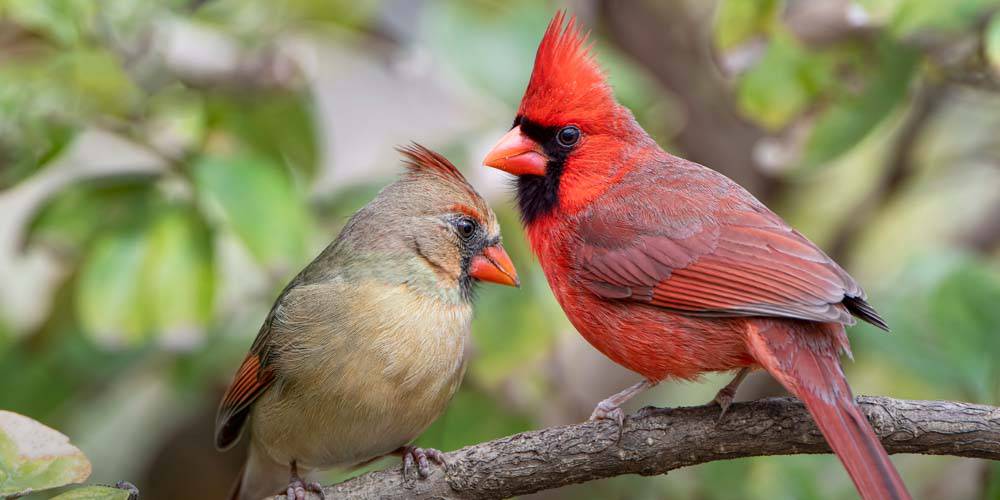
Chickadees
For such a small bird, this bird is surprisingly fearless. It is common to see them at bird feeders because they are not afraid of humans and are quick to forage for food. However, these birds are also adept at avoiding predators. Their name comes from their distinctive call to warn each other of danger.
Black seeds are an excellent food source in winter when insects, their usual source of protein, are scarce. A chickadee may pick up a seed and hurry away from the feeder, preferring comfortable places to enjoy its snack.
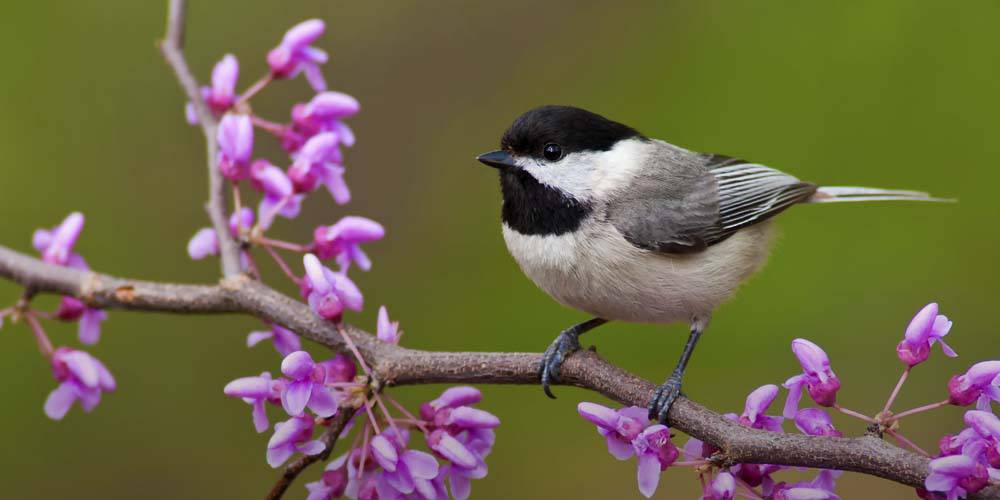
Finches
Finches have a conical bill perfectly adapted for eating seeds. The finch family includes the house finch, brown with a redhead, and the goldfinch, with bright yellow feathers.
One of the most sought-after finches is the purple finch. Despite its name, the feathers of the male purple finch are pinkish red. Unfortunately, this beautiful species can be elusive, but black oil sunflower seeds are an excellent way to attract them.
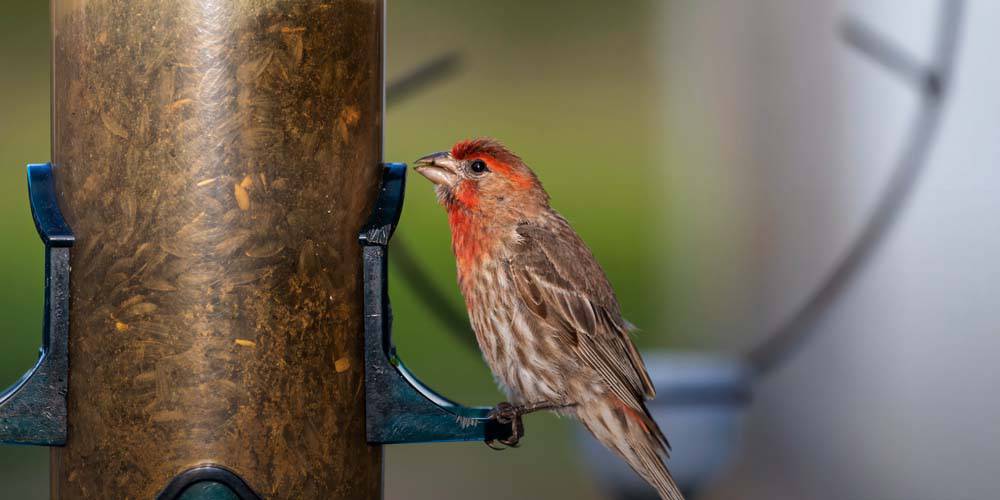
Nuthatches
Its black cap makes it easy to mistake for a chickadee at first glance, but you can identify it with its longer bill and shorter tail feathers. It is also notable for its unusual climbing habits; unlike most birds, the nuthatch does so headfirst up the side of a tree while foraging for food.
Like chickadees, nuthatches feed on small insects, so black oil sunflower seeds are a good substitute in winter.
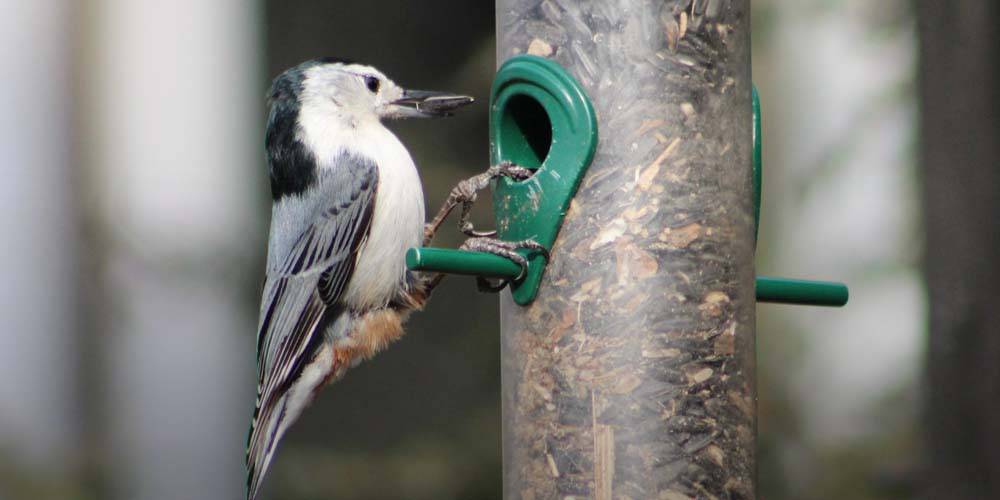
Sparrows
There are dozens of species of sparrows in the United States, so you will undoubtedly see one at your feeder. Most sparrows have brown or gray feathers, but the markings vary widely, from the savannah sparrow's brown streaks to the golden-crowned sparrow to the bright yellow cap of the golden-crowned sparrow.
Seeds, including black oil sunflower seeds, are a favorite food of sparrows. These birds are very active, so it may take time and patience to observe them well and find out what species they have in their feeder.
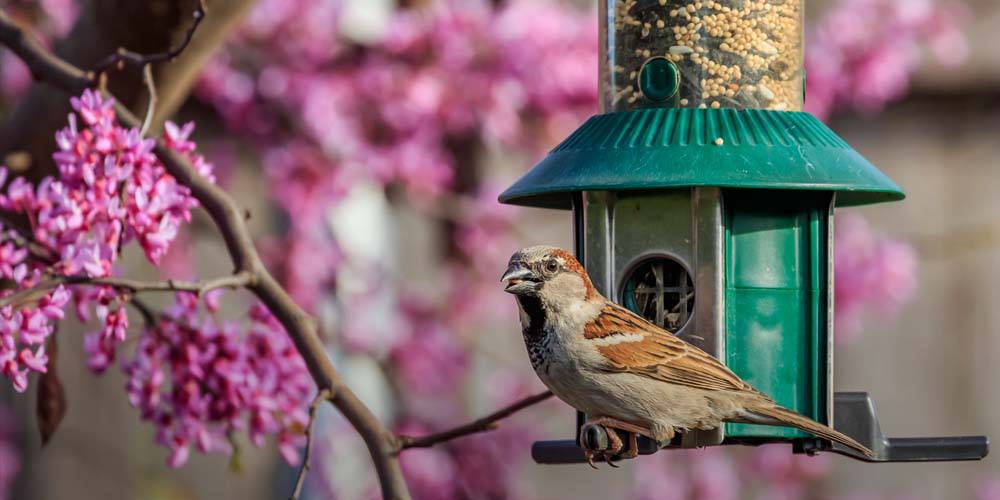
House Sparrows
The male house sparrow is gray with a black bib and rust-colored crown, while the female is pale brown.
Bird-feeding enthusiasts tend not to like house sparrows because of their aggressive behavior towards other birds. However, they do not like hanging feeders and prefer to eat from the ground, so we recommend using a hanging feeder and keeping the surrounding environment clean.

Jays
The blue jay owes its name to its brilliant blue feathers and sonorous song. Unfortunately, some birders consider the jay a bully because of its size and voracious appetite. They can also imitate the song of a hawk, scaring off smaller birds.
But, despite their bad manners, blue jays are beautiful birds. To reduce competition for food, you can install a cage feeder for small songbirds and provide black oil sunflower seeds in a separate feeder for bluejays in a different location. To reduce competition for food, you can install a cage feeder for small songbirds and provide black oil sunflower seeds in a separate feeder for blue jays in a different location.
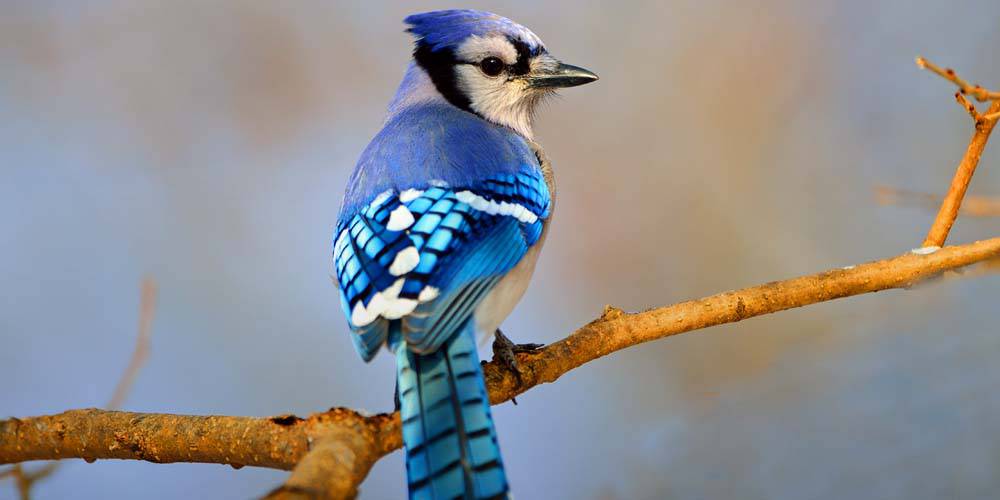
Feed Your Feathered Friends with Max Warehouse
In conclusion, feeding birds with black oil sunflower seeds is a great way to attract a wide range of bird species to your yard. At Max Warehouse, we have an extensive catalog of bird food options designed to meet the unique nutritional needs of different bird species. From seeds and pellets to suet cakes and mealworms, we have everything you need to create a bird-friendly environment that will delight you and your feathered friends.
At Max Warehouse, we're committed to helping you create the perfect bird-friendly environment for your yard. In addition to our bird food options, we also offer a wide variety of bird feeders, lawn and garden supplies, and more. So whether you're a seasoned bird enthusiast or just starting, we have everything you need to make your backyard a birding paradise. So why wait? Shop with us today and see the difference for yourself!
